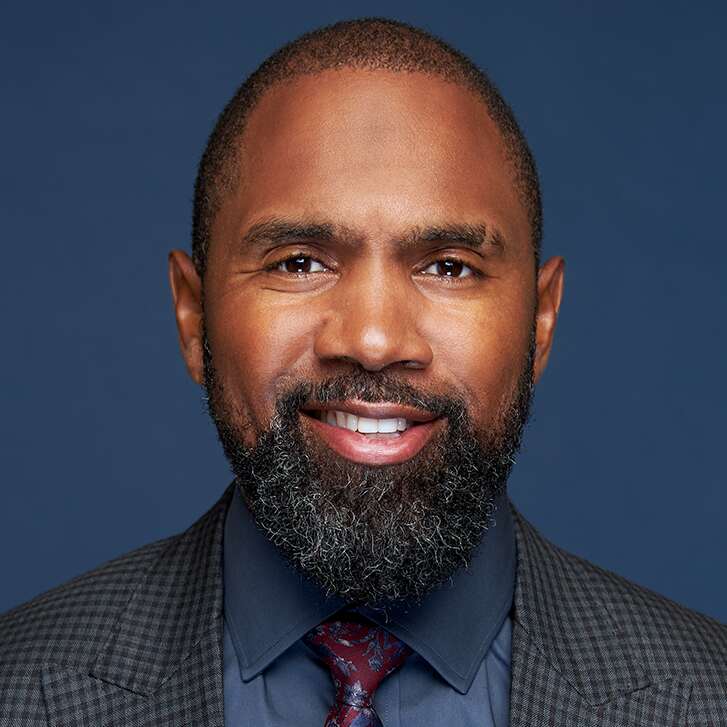Whole life insurance is often marketed as a “set-it-and-forget-it” financial tool.At What Point Does a Whole Life Insurance Policy Endow. But as you dig deeper into the fine print of these policies, one technical but important term tends to come up: endowment. So, what does it really mean when a whole life insurance policy “endows”? More importantly, at what point does this happen, and what are the implications for policyholders?
If you’re exploring life insurance options or already have a whole life policy, understanding the concept of endowment is essential for long-term financial planning. In this comprehensive guide, we’ll explore what endowment means in life insurance, when it occurs, how it affects your policy, and what decisions you might need to make when your policy approaches or reaches endowment.
What Is a Whole Life Insurance Policy?
Contents
- 1 What Is a Whole Life Insurance Policy?
- 2 What Does “Endow” Mean in a Whole Life Insurance Policy?
- 3 When Does a Whole Life Policy Endow?
- 4 What Happens When a Whole Life Policy Endows?
- 5 How Do You Know When Your Policy Will Endow?
- 6 Tax Implications of Policy Endowment
- 7 How to Prepare for Endowment
- 8 Is It Possible to Endow a Policy Early?
- 9 FAQ’s
- 9.1 What is the difference between a whole life policy and a term life policy?
- 9.2 Can I cash out my whole life insurance policy before it endows?
- 9.3 What happens to the premiums after a whole life policy endows?
- 9.4 Will my beneficiaries still get a payout if my policy endows?
- 9.5 Is the payout from a matured whole life policy taxable?
- 9.6 How do I find out when my whole life policy will endow?
- 10 Conclusion: Understanding the End of Your Whole Life Insurance Journey
- 11 Recent Posts
Before we dive into the topic of endowment, let’s briefly define what a whole life insurance policy is.
Whole life insurance is a type of permanent life insurance that provides coverage for the insured’s entire lifetime, as long as premiums are paid. Unlike term life insurance, which covers a person for a specific number of years, whole life insurance comes with:
- A guaranteed death benefit
- A fixed premium
- A cash value savings component that grows over time
The cash value of the policy accumulates on a tax-deferred basis and can be accessed through loans or withdrawals, making it a financial tool in addition to being a form of protection.
What Does “Endow” Mean in a Whole Life Insurance Policy?
In simple terms, a whole life insurance policy “endows” when the policy’s cash value equals the death benefit.
Let’s break that down.
When you purchase a whole life policy, it promises a certain death benefit — say, $250,000. Over time, as you make premium payments, the policy accumulates cash value. This cash value is invested by the insurance company and grows slowly over the life of the policy. When the cash value reaches the amount of the death benefit, the policy is said to have “endowed.”
At that point, the policy essentially becomes self-funded — there is no longer a need for the insurer to manage risk because the funds are already there.
When Does a Whole Life Policy Endow?
Traditionally, whole life policies are designed to endow at age 100. However, in more recent years — particularly in policies issued after the year 2000 — many insurance companies have adjusted their products to endow at age 121. This shift reflects increased life expectancies and changes in actuarial assumptions.
Why Age 100 or 121?
The age of endowment is based on actuarial life tables — statistical models predicting how long people are expected to live. Previously, the assumption was that few people lived past 100, so insurers set that as the endpoint. But as people began living longer, policy structures evolved to account for extended longevity.
So, depending on the terms of your individual policy:
- Older policies (pre-2000s): Endow at age 100
- Newer policies: Often endow at age 121
It’s crucial to check your individual policy documents or consult your insurance provider to know your specific endowment age.
What Happens When a Whole Life Policy Endows?
When your whole life policy endows, several things can happen — and they depend largely on the terms set in your contract.
1. Payout of Death Benefit While Alive
In many traditional policies, once the policy endows and the insured is still alive, the insurer pays out the face value of the policy to the policyholder. Essentially, you receive your death benefit while you’re still alive.
This might sound like a win, but there are a few caveats:
- The payout may be subject to taxes, especially if the amount you receive exceeds the total premiums you paid into the policy.
- After payout, the policy terminates — it no longer provides a death benefit for your beneficiaries.
- You may need to decide whether to accept a lump-sum payout or leave the funds with the insurer to earn interest.
2. Continuation of Coverage
Some modern policies do not terminate at endowment. Instead, they may:
- Keep growing cash value beyond the endowment age
- Allow the insured to continue coverage until death
- Offer options to convert the policy into an annuity or another product
This is more common in policies that endow at age 121, where the assumption is that only a small percentage of policyholders will reach that age.
3. Policy Termination or Automatic Conversion
Depending on the carrier and policy type, once your policy endows, it might automatically:
- Convert to a paid-up policy, requiring no further premiums
- Be canceled and distribute the cash value as a maturity benefit
- Be extended with reduced paid-up insurance
Again, it all comes down to the specific language in your policy.
How Do You Know When Your Policy Will Endow?
To find out exactly when your whole life insurance policy will endow:
- Review your policy document. Look for terms like “maturity age,” “endowment age,” or “policy maturity.”
- Speak with your insurance agent or company representative.
- Check annual statements — these often provide projections of cash value and potential endowment timelines.
Tax Implications of Policy Endowment
One of the often-overlooked aspects of endowment is taxation.
Here’s what you should know:
- If your policy endows and pays out the death benefit to you while you’re alive, the portion of that payout that exceeds the total premiums you paid may be subject to income tax.
- Death benefits paid to beneficiaries after your death are typically tax-free.
- If your policy is considered a Modified Endowment Contract (MEC), there may be additional tax consequences for accessing cash value early.
Consulting a tax advisor when your policy nears endowment is highly recommended to avoid surprises.
How to Prepare for Endowment
If you’re approaching the endowment age on your whole life insurance policy, here are a few steps to take:
1. Re-evaluate Your Financial Goals
Do you still need life insurance coverage? If you’ve built up enough wealth elsewhere, receiving a payout at endowment might be a helpful cash infusion. But if your beneficiaries still need support, consider converting or extending the policy if possible.
2. Understand Your Options
Talk to your insurer about:
- Leaving the death benefit intact
- Accepting a cash payout
- Converting the policy into an annuity
- Using the cash value to purchase extended coverage
3. Plan for Taxes
Work with a financial planner or CPA to estimate and minimize any potential tax liability from an endowment payout.
Is It Possible to Endow a Policy Early?

Yes — in some cases, aggressive funding or overpaying premiums can cause the cash value to reach the death benefit amount before the standard endowment age. However:
- This could convert your policy into a Modified Endowment Contract (MEC), triggering less favorable tax treatment.
- The policy might mature early, ending coverage prematurely.
If you’re considering funding your policy heavily to accelerate growth, consult with a licensed insurance advisor first.
FAQ’s
What is the difference between a whole life policy and a term life policy?
Whole life insurance provides lifetime coverage and builds cash value, while term life insurance only covers you for a specific number of years and has no savings component.
👉 Learn more on Investopedia: Whole Life vs. Term Life Insurance
Can I cash out my whole life insurance policy before it endows?
Yes, you can tap into your cash value via loans or withdrawals, but doing so may reduce your death benefit and trigger taxes.
👉 See NerdWallet’s Guide on Cashing Out Life Insurance
Typically, once the policy endows, premium payments are no longer required. The policy either pays out or converts, depending on the contract.
Will my beneficiaries still get a payout if my policy endows?
Only if your policy continues after endowment. If it matures and pays out while you’re alive, there may be no death benefit left for beneficiaries.
Is the payout from a matured whole life policy taxable?
The portion of the payout that exceeds the total premiums paid may be considered taxable income. Consult a tax advisor for specifics.
How do I find out when my whole life policy will endow?
You should review your policy documents or contact your insurance provider directly. The endowment age is typically listed in your contract.
Conclusion: Understanding the End of Your Whole Life Insurance Journey
A whole life insurance policy can be a powerful financial asset — not only offering lifelong coverage but also building tax-deferred savings along the way. But like every financial tool, it comes with important milestones. Endowment is one of the final steps in your policy’s life cycle, and knowing when and how it happens ensures that you make informed, strategic decisions.
Whether your policy endows at age 100 or 121, preparation is key. Know your options, understand the tax implications, and work with professionals to get the most out of your policy — whether that means taking the payout or letting your coverage continue.





